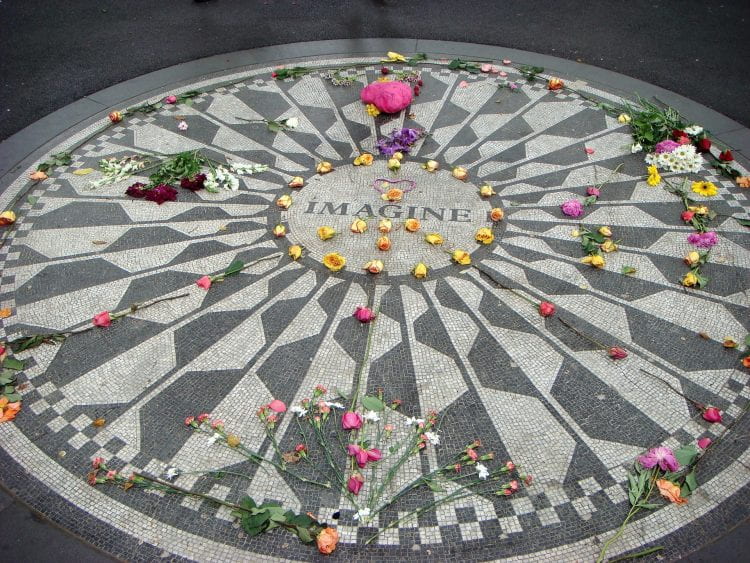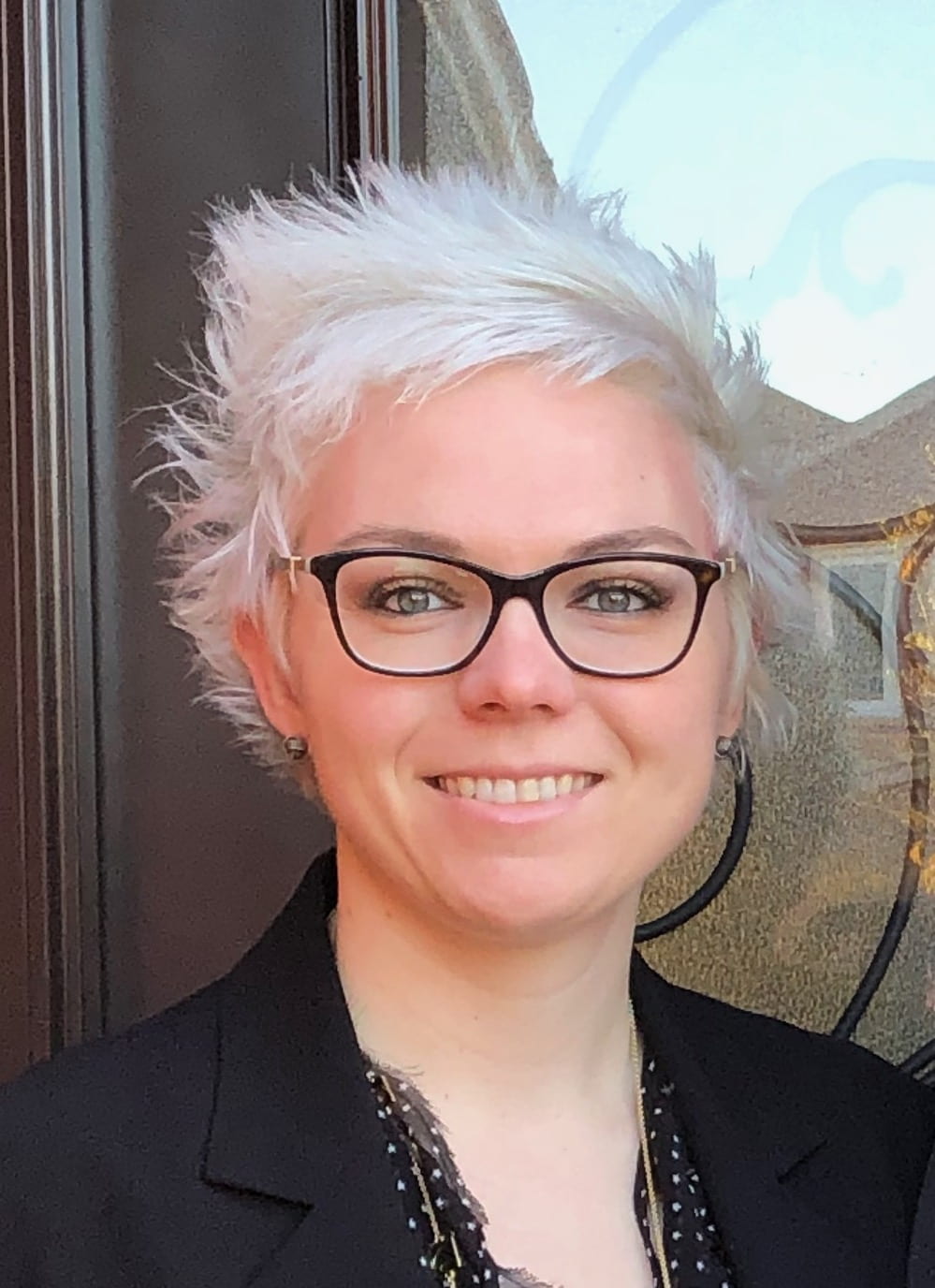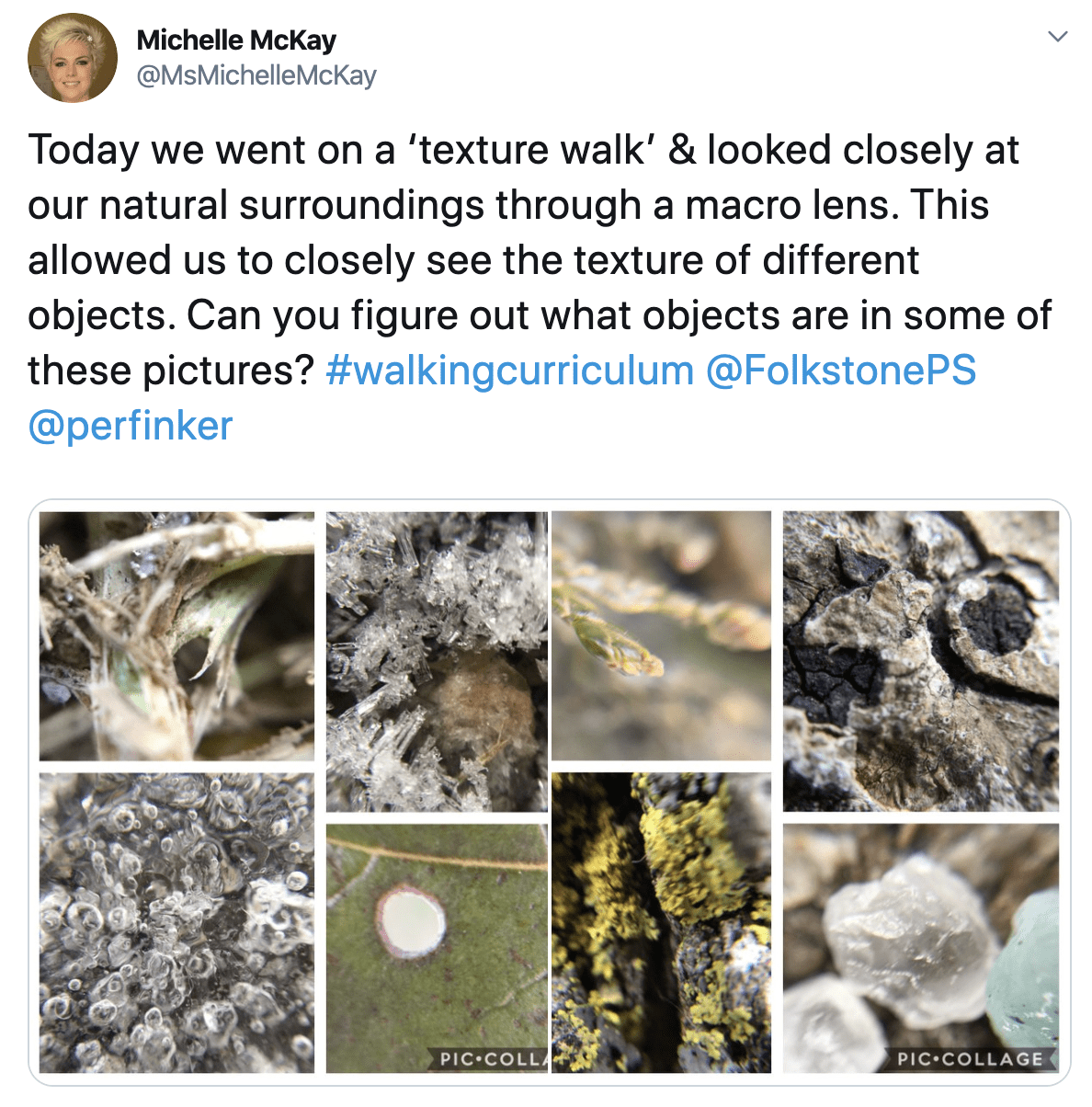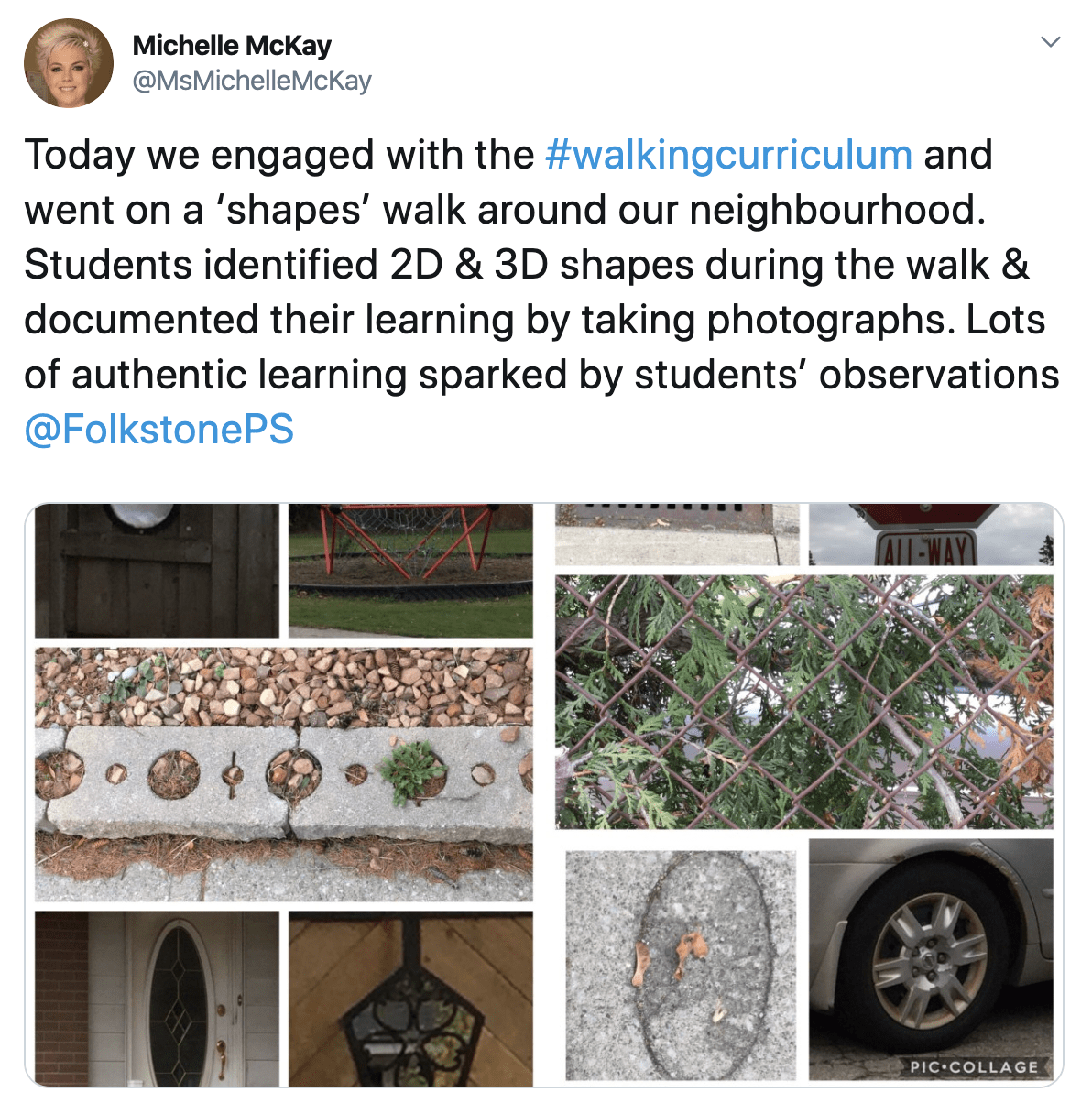Michelle McKay is a PhD student at the Ontario Institute for Studies in Education (University of Toronto) in Curriculum and Pedagogy and is a teacher with the Peel District School Board in Ontario (@MsMichelleMcKay).
For educators around the world, this school year will be another ‘unprecedented’ experience as education continues to be impacted by COVID-19. Earlier this year, schools around the world were shut down and learning was shifted online for many students and teachers. With many schools reopening their doors with new rules and regulations related to public health guidelines that will directly impact how learning and teaching occurs, I find myself wondering:
How will we use our imagination this school year to rethink the learning that occurs? How can we reimagine where and how learning takes place?
Educators have transformed their practice significantly since this pandemic began. If you had ever asked me if I would have co-taught a play-based, inquiry-based Kindergarten program online in a virtual learning environment to a group of 25 students I would have laughed at the unthinkable scenario.
Yet somehow my teaching partner and I did it. Not only did we ‘just do it,’ but by using our imaginations and being open to possibilities, we were able to deliver an authentic, responsive program to the students we were teaching. Having this experience has changed my response to the ‘unimaginable.’ When faced with a situation that I can’t immediately conceptualize or problem solve, I now think ‘that’s a possibility.’
This past spring I was taking a class with Dr. Ardavan Eizadirad who encouraged us to always looks at situations from various perspectives and live in the ‘grey.’ When thinking about how we ‘play the game’ of education, he encouraged us not only to consider changing the rules of the game, but to reimagine an entirely new game to play all together. Operating from the perspective of possibility and reconsidering how learning occurs in schools might offer us some valuable opportunities for change in a system where change is long overdue.
One area of possibility that many educators seem to be showing interest in is rethinking where learning takes place. In many areas, educators are being encouraged to take children outside to learn, due to public health recommendations and physical distancing guidelines. Could we situate the primary classroom outside of the physical school building and within the natural environment?
Let’s not just take what was happening inside and move it outside, but rethink how we can learn on and with the land and from the natural environment.
Before my teaching partner and I shifted to distance learning in March, we engaged with the #walkingcurriculum as a way to reconsider where learning took place within our practice. The community around the school and the natural environment became an important place of co-constructed learning with students. Students were actively involved in the learning process, including planning and assessment practices. Could this be a shift in practice that you implement this year?
For many learners, especially our youngest learners, distance learning during the pandemic was a challenge. It is more important than ever to consider how we can make learning experiences meaningful for students. My goal as an educator is for students to fall in love with learning and see themselves as competent, capable learners. With all of the new health and physical distancing guidelines implemented this year we know schooling will look different. The question is how can we rethink ‘traditional’ school practices and possibly reimagine our pedagogy while keeping everyone safe?
Like everyone else, I do not have the answer(s). What I do have is a commitment I have made to myself and the students that I will teach to use my imagination to ensure that I am constantly questioning and rethinking the learning that is happening. The Ontario Kindergarten program document asks us to consider, “Why this learning for this child at the time in this context?” (Ontario Ministry of Education, 2016, p. 21). Coming back to this reflective question while using my imagination and creativity will be key to responsive, authentic programming this year.
With so much unknown about how the upcoming school year will unfold, I am confident that educators will use their creativity and imaginations to truly rethink the possibilities for learning. This is a great time to reimagine what education and schooling can look like. We know that our system is inequitable. Let’s use this opportunity to leverage the power we do have to make positive changes for the students that we learn with and teach. Reimagine alongside students. We don’t have all of the answers and will definitely be learning as we go. Let’s make that thinking and learning visible to those around us and include our students in this process since many of the decisions that will be made will impact them. Some of the greatest ideas and creative solutions to problems within my practice have come from 4 and 5-year-old children.
With all of the stress and changes that we are already encountering, due to public health measures, I am encouraging all educators to commit to ‘manageable reimagining.’ This will mean different things for different people and that is OK! We all work and learn in unique contexts. Even if we reimagine small changes, we never know over time if these small changes will result in big impacts. Reflecting over time about how these changes have impacted my teaching and learning has lead to major shifts in my pedagogy. On a day-to-day basis, we might not always see the direct impact, but over time these changes might be the key to a more positive learning experience for students.
Now more than ever we must use our imaginations to creatively problem-solve the new ‘possibilities’ that this school year will most certainly present.
References
Ontario Ministry of Education. (2016). The kindergarten program. Toronto, ON: Queen’s Printer for Ontario.
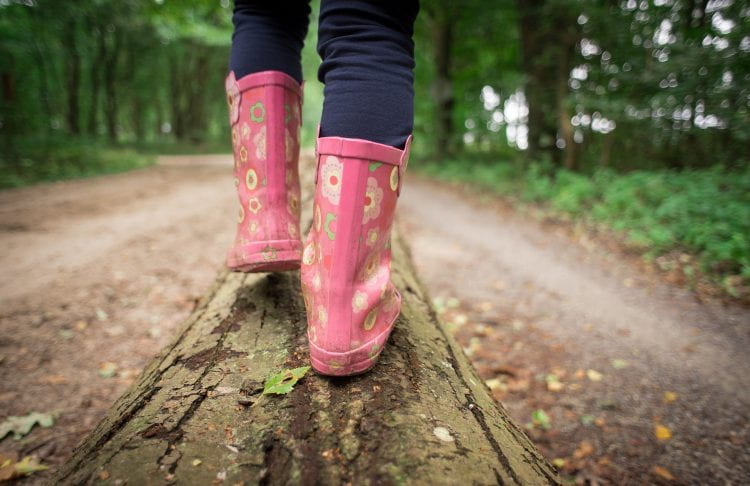 Interested in Reading More?
Interested in Reading More?
Check out Michelle’s last post on the Walking Curriculum called “Meaningful Acts of Reconciliation: Infusing Indigenous Perspectives in Outdoor Education and Inquiry” here.
To learn how other educators have used their imagination when transitioning their classrooms online, check out these posts on imaginED:
- “How can we engage minds online? IE has the tools.” (By Brandon Hendrickson)
- “I Turned My Virtual Classroom into a Talk Show: Re-imagining School During a Pandemic” (By Jason B. Allen)
